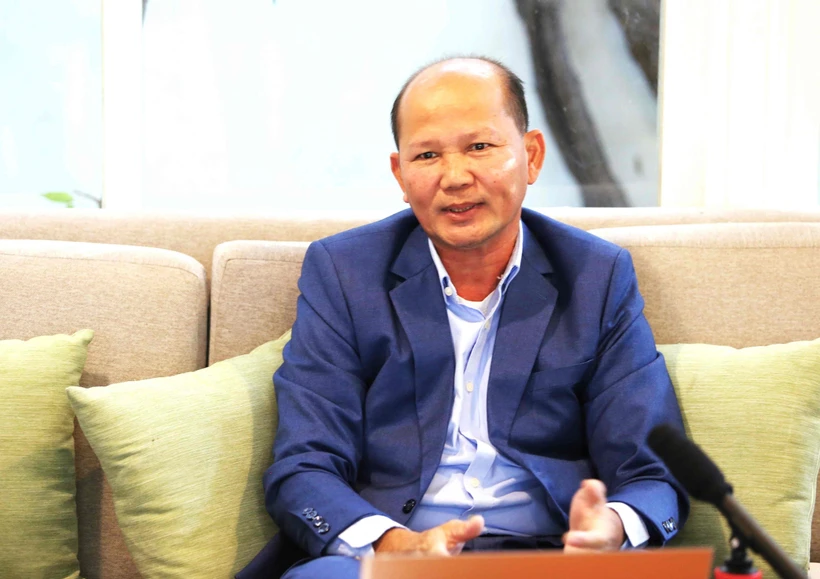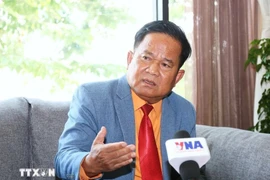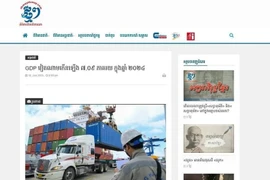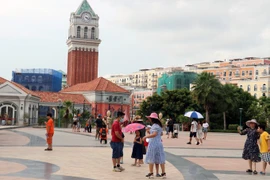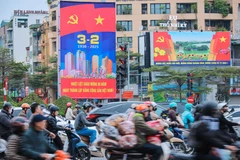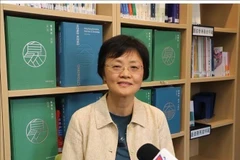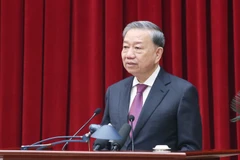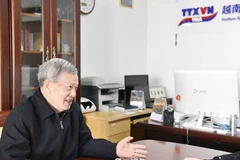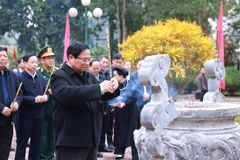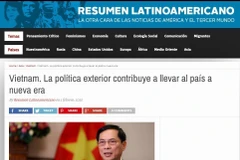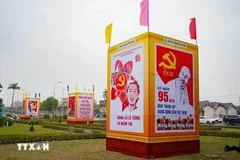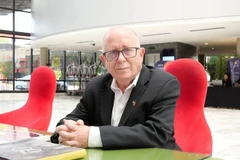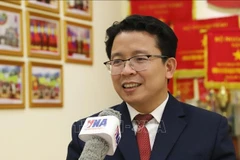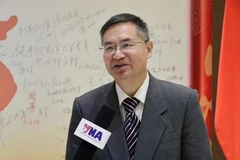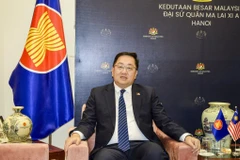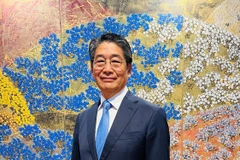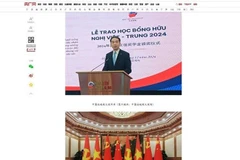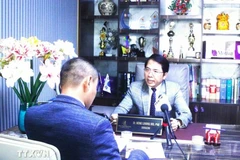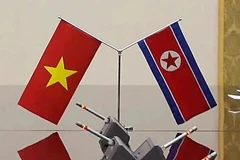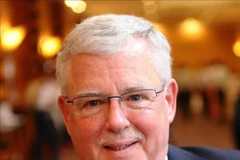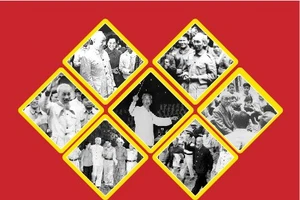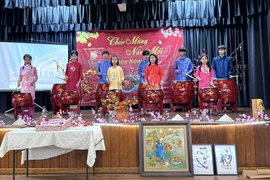Phnom Penh (VNA) – Uch Leang, Acting Director of the Department of Asian, African, and Middle-East Studies under the International Relations Institute of Cambodia at the Royal Academy of Cambodia (RAC) has appreciated the leadership role of the Communist Party of Vietnam (CPV) in Vietnam's national liberation and construction in nearly a century.
Speaking to the Vietnam News Agency on the occasion of the 95th founding anniversary of the CPV ( February 3, 1930 – 2025), Leang, who is also President of the Cambodian Alumni in Vietnam Association (CAVA), expressed his admiration for Vietnam’s tremendous achievements after nearly 40 years of Doi Moi ( Renewal) and the upcoming development goals of Vietnam and its people in a new era - the era of the nation's rise.
He said the significant achievements gained from the renewal process under the leadership of the CPV provide Vietnam with a solid foundation to achieve strong development and prosperity in the future.
He emphasised that since the CPV’s establishment, the Party leaders have guided Vietnam’s revolution, achieving many great victories.
Recalling Vietnam’s historical milestones under the leadership of the CPV - from the struggle for gaining power in the 1930-1945 period and the establishment of the Democratic Republic of Vietnam on September 2, 1945, to the protection and development of the gains from the August Revolution and the two resistance wars against French colonialism and American imperialism (1945-1975), the Cambodian researcher noted that the founding of the CPV on February 3, 1930, and the subsequent revolutionary achievements have greatly contributed to the revolutionary movement of Indochina, especially in Cambodia and Laos.
He pointed out that the Dien Bien Phu Victory on May 7, 1954, against the French colonial regime shocked France and the world, forcing the French government to sign a peace agreement granting complete independence to Vietnam. In addition, Cambodia and Laos also had their full independence recognised by France, and the war in Indochina came to an end.
Leang also highlighted the CPV’s role in deciding on and carrying out the renewal policy in Vietnam since the 6th National Party Congress in 1986.
The anti-corruption campaign and the policy of streamlining the state apparatus being vigorously implemented by the CPV are seen as correct policies with an overarching vision aimed at improving the quality of the leadership and management system and ensuring the effectiveness, quality, and transparency of the apparatus, reinforcing confidence among residents and foreign investors.
According to the CAVA President, the significant achievements after nearly 40 years of renewal and 95 years since the founding of the CPV clearly reflect the goal of building a socialist Vietnam, as well as the development and creative application of Marxism-Leninism and the thoughts of President Ho Chi Minh in the revolutionary and reform process in Vietnam.
Additionally, the political stability and the great achievements in socio-economic development, security, national defence, and foreign affairs, coupled with the strong role and position, as well as the unity and joint efforts of the entire Party, people, and armed forces, provide a solid foundation for Vietnam to enter the new era of growth./.
